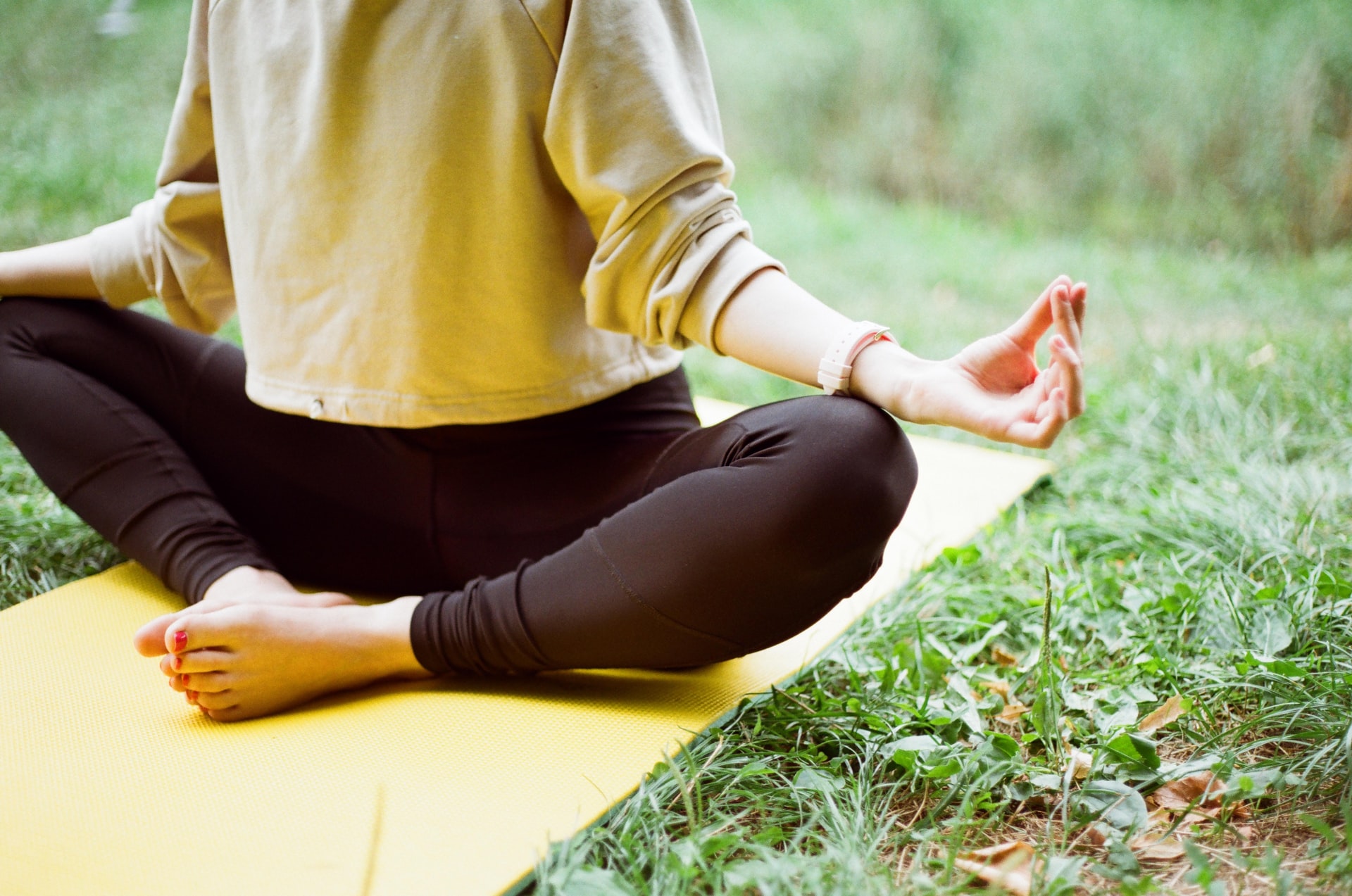News

Restoration yoga is a practice that focuses on slowing down and extending your body passively. In a restorative yoga session, you might not move much at all, perhaps practicing a few poses over an hour. Restorative yoga is unlike most other types of yoga in that it is an entirely distinct experience. Learn about restorative yoga and why it’s so important to slow down and appreciate the benefits of relaxation.
Restorative yoga is appropriate for all levels of practitioners. Restorative yoga is a relaxing practice that involves holding yoga poses (asanas) for longer periods while using props such as yoga blocks, blankets, and bolsters. It’s a deep relaxation technique that stresses yoga’s contemplative aspect—the connection of body and mind. Many of the positions are held relatively effortlessly thanks to the use of props for support. When the body relaxes, the mind can also relax consciously as tension is lifted from both the body and the mind. During a restorative yoga practice, the only effort you have to do is to pay attention to your breath and become aware of any sensations or ideas that occur.
The prevailing trend in Western yoga is to make it more athletic, aerobic, and acrobatic. For example, in a normal vinyasa class, you’ll move quickly from one posture to the next as you create heat and improve your strength and flexibility over time. Restorative yoga, in contrast to these vigorous kinds of yoga, focuses on muscle relaxation through the use of props to support the body. You’ll get a moderate stretch in some of the restorative positions.
Benefits of Restoration Yoga :
- Increase in relaxation: Deep breathing helps to relax the nervous system, and research backs up a restorative yoga practice as an effective approach to unwind. According to a 2014 study, restorative yoga is more efficient than normal passive stretching at inducing calm.
?Better sleep: The more relaxed you are, the more likely you are to have a good night’s sleep. In a meta-analysis published in 2020, researchers looked at 19 studies to see how different types of yoga, including restorative yoga, can affect sleep quality. Researchers discovered that raising melatonin and lowering hyperarousal with yoga is an effective intervention for controlling sleep disorders. - Better mental health: Yoga has helped people with stress, anxiety, depression, and other mood disorders manage their symptoms, according to research.
- Improved well-being: Yoga activities, in general, have been linked to increased physical and mental health in the general population.
- Reduced pain: Different forms of yoga, particularly restorative yoga, are effective therapies for the management of musculoskeletal pain in studies.
Restorative yoga, like other types of yoga, has a variety of physical and mental health advantages, as well as the extra benefit of fostering deep rest, which can improve general well-being.
